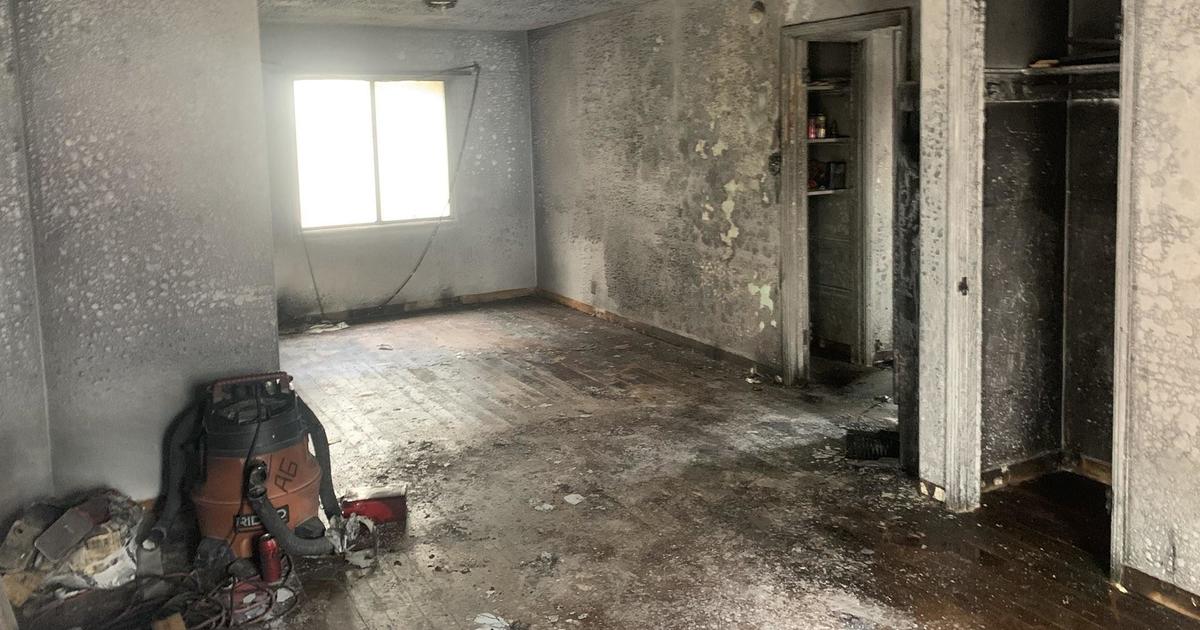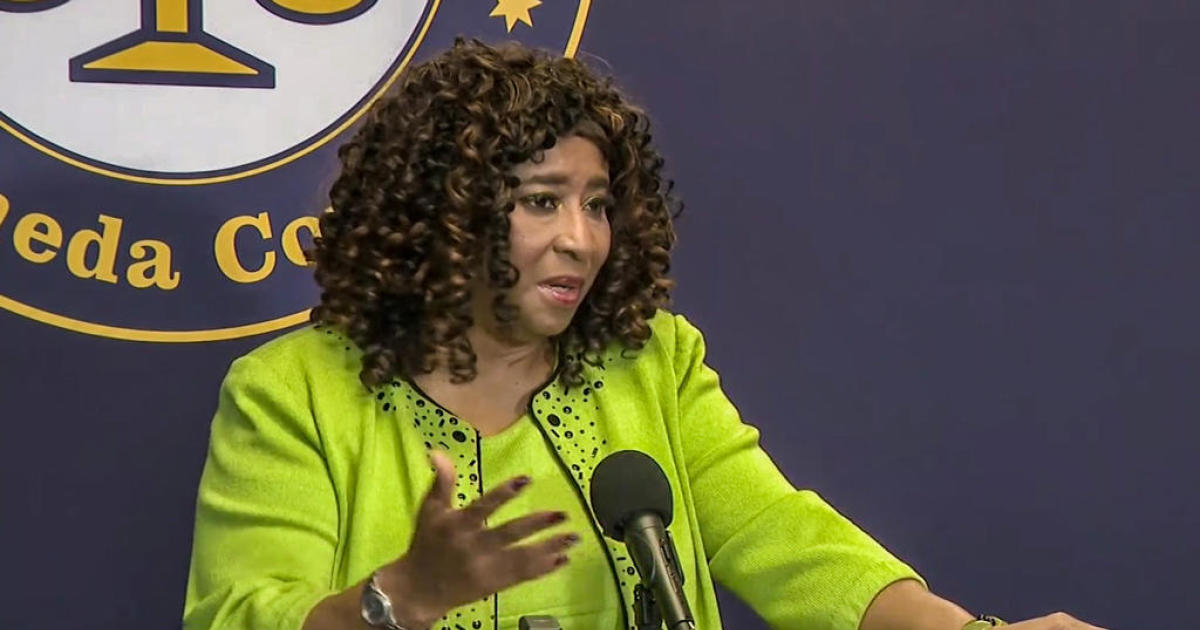Crime Victims In Oakland Face Racial Inequity In State-Mandated Compensation Programs
OAKLAND (CBS SF) -- Victims of crime and their family members in Oakland who by law are afforded support from police and victim compensation programs are being denied such assistance in disproportionate numbers based on their race, according to a new grand jury report.
Released Monday by the Alameda County Grand Jury, the report concluded the Oakland Police Department has not provided the amount of attention or support required to comply with current victim compensation law and policy, resulting in racial disparities in who is approved or denied benefits.
For example, the report found that OPD has failed to appoint a victim liaison officer, even though the role has been mandated by state law since 2019. The report also found denials of awards based on how much a victim cooperated with police.
"When considered in the context of the extreme racial disparities in crime and crime victimization in Oakland, the general inattention to victims evidenced by our findings raises important questions of racial inequality in another aspect of the criminal justice system," the report said.
Titled "Racial Inequities in Police Responses to Victims' Needs" the report noted that over the last few decades, victims' rights have taken an increased role in how the criminal justice system is assessed. In 2008, California voters approved the Marsy's Law victims' rights measure, creating the nation's first victims' compensation board.
However, according to the report:
- Overall, Black applicants received 42.2% of all denials of victim compensation, whereas white applicants received 10.3%. Considered as a percentage of applications submitted by each racial group, 26.8% of Black applicants were denied compared to 20.3% of white applicants. Over the five-year period, the overall denial rates for Black applicants were consistently higher than for white applicants.
- Black crime victims and family members were more than twice as likely as white applicants to have their applications denied for "lack of cooperation with law enforcement" (9.8% of Black applicants compared to 4.7% of white applicants). Black applicants made up approximately 51.8% of all those denied funding for this reason, compared to 7.9% for white applicants.
- Disparities were also observed in denials based on "involvement in events leading to the crime." Black applicants were almost twice as likely as white applicants to be denied for this reason (7.1% of Black applicants compared to 3.9% of white applicants). Black applicants constituted approximately 49.7% of all applicants who were denied for this reason, compared to about 8.9% for white applicants.
Information from police about victim cooperation is used to determine how victims' claims are handled, and the report found there was little or no opportunity for applicants to provide relevant information, or to address disagreements or misunderstandings between applicants and law enforcement.
"Individual racial bias ... and systemic racial bias are more likely to be reflected in such subjective determinations, as compared to more objective reasons for denying victim compensation claims, such as filing an untimely application or claiming compensation for a crime that is not covered by the program." the report said.
While state law requires that mitigating factors must be considered when reaching conclusions about a victim or family member's cooperation - such as a persons age, physical condition, psychological state, cultural or linguistic barriers, or fear of retaliation - the report found it was unlikely that a police report would reflect on those considerations.
"To the contrary, one witness reported the experience of an OPD officer questioning a shooting victim soon after the crime. The victim was on a hospital gurney in the hospital emergency room. In physical distress from the shooting as well as intoxicated, the victim was unwilling to speak to the officer," the report said. "The witness reported that such events can often lead to determinations of uncooperativeness, pointing to the need for more awareness training for law enforcement.
The report pointed to previous studies which indicated survivors and family members did not always perceive that they were treated fairly by Oakland police. Most recently, a January 2020 study by the University of California, Berkeley found OPD severely lacking in practices and policies that support crime victims and family members, creating additional levels of injustice on communities of color already burdened by the highest rates of violence in the city.
The grand jury report said its focus was based on a complaint received from a citizen about the racial disparities in the ways support and assistance are provided to Oakland crime victims.
The report concluded that greater emphasis by OPD and city officials on victims' programs could lead not only to improved compliance with state mandates and progressive policing practices, but could also improve the department's arrest and closure rates.
"Attention to these issues as part of a broader effort to address racial equity in law enforcement would likely improve community support for the police and would be an important step in improving fairness and equality in the criminal justice system," the report said.



